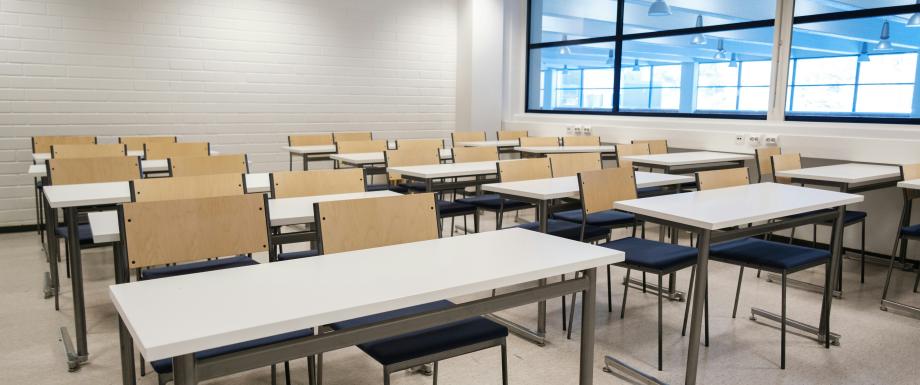
The Chamber Opposes the Abolition of Basic School Re-examinations
The Chamber sent its opinion to the Ministry of Education and Research regarding the abolition of basic school re-examinations and the easing of basic school graduation requirements. The Chamber proposes excluding provisions from the draft legislation that would allow students to graduate from basic school even if the final exam(s) are passed with less than 50 percent of the maximum possible score.
Abolishing Re-examinations Is Not a Solution
According to the current regulation, a basic school graduate must take a re-exam if the result of a final or school exam is less than 50 percent of the maximum score. According to the draft, only a student whose exam result is less than 1 percent of the maximum score would need to retake the exam. This means that in the future, students whose exam results are below 50 percent but above 1 percent would no longer be eligible to retake the exam.
The aim of the amendment is to reduce the administrative burden of organizing exams in basic schools and to increase the reliability of students’ exam results when entering the next level of education.
The Chamber believes that the main issue is that some students are unable to achieve all the required learning outcomes. Therefore, the solution should focus on reducing the number of students who perform poorly in exams. It is likely that failure to achieve learning outcomes points to shortcomings in the teaching process, and efforts should be focused on identifying and addressing the root causes at the educational level where they arise, rather than postponing the problem.
If an exam is failed, the student should retain the opportunity to retake it. If the issue lies in the low reliability of exam results, one possible solution could be to make the basic school re-examinations nationwide rather than school-specific. This would ensure a consistent level of difficulty and allow for comparability of results.
Graduating from Basic School Without Achieving Learning Outcomes
The draft legislation foresees that in the future, a student may be considered a basic school graduate even if they have received a final grade of “weak” or “insufficient” in up to two subjects, or if they scored less than 50 percent of the maximum score on the final exam(s).
The Chamber does not consider the easing of basic school graduation requirements to be justified, as students must acquire the prescribed knowledge and skills during basic school. Postponing the acquisition of these skills and knowledge to upper secondary or vocational education merely shifts the problem to the next educational level.
If it becomes possible to graduate from basic school with final exam results below 50 percent, the Chamber believes this would negatively impact students’ motivation to learn and the quality of basic education. The amendment could also lower young people's knowledge levels in science subjects, which in turn affects their future opportunities. Achieving at least 50 percent in exams is a significant motivator for many students in their final year of basic school to work harder and strive for better results.


